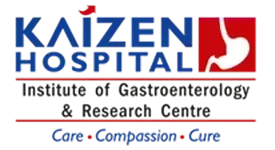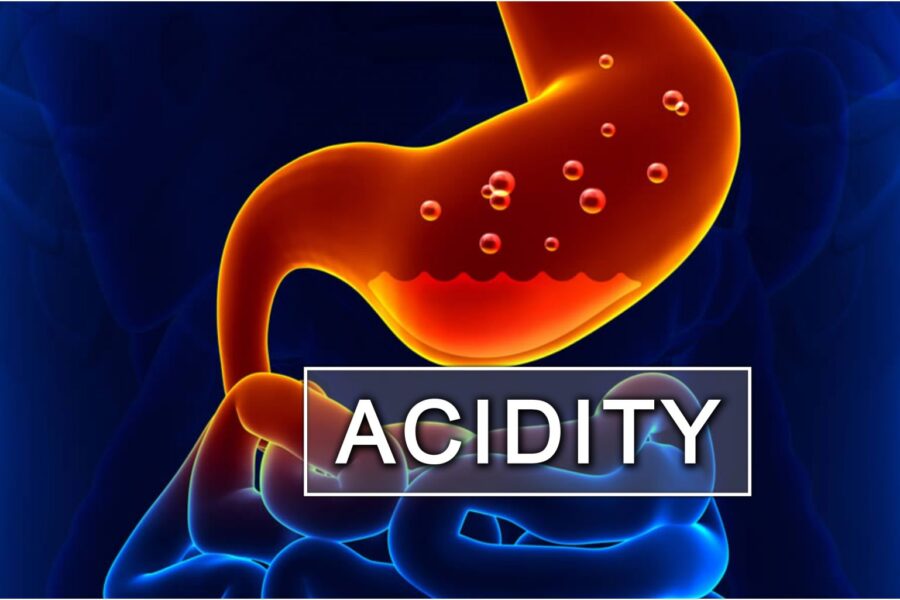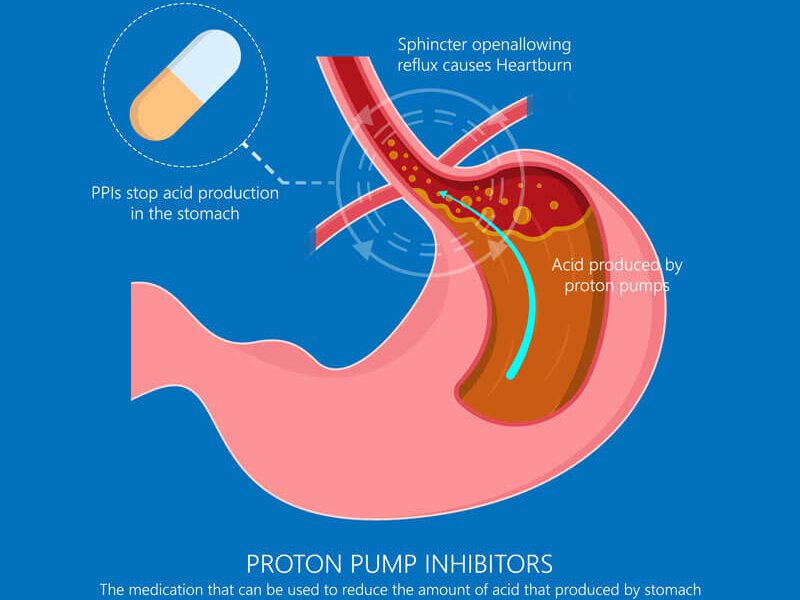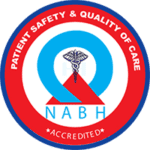-
- What is stomach cancer?
- Stomach cancer, also called gastric cancer, is a type of cancer that begins in the stomach.
- In 90 to 95% of cases, the disease starts in the cells that form the lining of the stomach – beginning as an ulcer or polyp.
- In some people, the lesion may cause no symptoms; in others, it might bleed or cause pain.
- Stomach cancer is often discovered at an advanced stage.
- What are the symptoms of stomach cancer?
- Stomach pain or bloating
- Vomiting blood
- Blood in the stool, the black color of the stool
- Weight loss
- Lack of appetite
- Nausea & vomiting
- Heartburn
- Indigestion
- Weakness and fatigue
- Anemia
- Trouble swallowing or a lot of belching when eating
- Feeling full after eating small amounts of food
- What are the risk factors for stomach cancer?
The factors below can increase the risk of stomach cancer:
- Helicobacter pylori – this bacterial infection inner stomach layer, which can lead to ulcers or cancer, if found, the infection can be treated with antibiotics.
- Gender and age – more men than women are diagnosed with stomach cancer. It most commonly affects people over 65.
- Diet – eating lots of smoked and salted food, such as bacon and hot dogs, can increase your risk for stomach cancer. A deficiency in selenium, a dietary mineral, might also increase someone’s risk.
- Pernicious anemia – this rare autoimmune disease causes the stomach to stop producing acid, making it hard for the body to absorb vitamin B12.
- Family cancer syndromes – the following hereditary cancers increase the risk of developing stomach cancer.
- Family history – persons with a family history of gastric cancer, possibly caused by the E – E-cadherin mutation, have a greater risk of developing the disease.
- Other factors –
- Blood type A
- Smoking
- Obesity
- Tobacco
- Alcohol
- Environmental and occupational exposures (like…work in the rubber & coal industry, high levels of radiation)
- How is stomach cancer diagnosed?
- Stomach cancer is diagnosed with various tests, including the following:
- Upper gastrointestinal (GI) series – this test is also known as the barium swallow.
- Esophagogastroduodenoscopy/Upper Endoscopy with biopsy
- Endoscopy Ultrasound
- Computed Tomography scan
- Fecal Occult blood test
- How is stomach cancer treated?
- Surgery
- Minimally – invasive surgery
- Radiation
- Chemotherapy
- How to prevent stomach cancer?
- Maintain a healthy weight
- Eat a diet filled with fruits and vegetables
- Get frequent exercise
- Avoid smoking and alcohol
- Treat H. pylori bacterial infection
Author :- DR. K.S Patel
Director, Department of Surgical Gastroenterology
Kaizen Hospital





